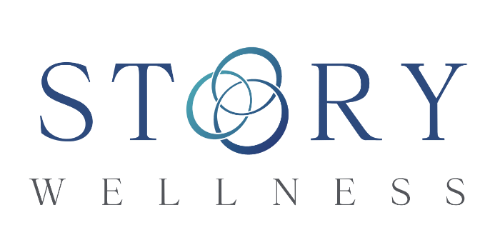In mental health, the path to healing is not sprint. It takes time and commitment. For people who have been dealing with mental health illness for long periods of time, this can be frustrating. But the good news is that progress occurs. With these markers on the road, these victories will add up. This is the essential work of a long-term mental health program. Help people accomplish short-term victories over a more extended period. In this case, healing occurs, and sometimes it is more profound.
Benefits of Long-Term Mental Health Programs
Long-term mental health programs are designed for deep, lasting change.
They provide ongoing support, allowing for the thorough exploration of complex issues and the development of robust coping strategies. This sustained engagement is designed to help people come to a more profound understanding of their unique mental health needs and who they are as a distinctive humans walking the road of life. Long-term mental health programs focus on sustainable and lasting change. This is why it’s not a quick fix. But this is a good thing.
How Long-Term Mental Health Programs Differ From Counseling
While traditional counseling is crucial for millions, it often focuses on immediate concerns. Long-term programs tend to delve deeper. They’re about addressing current symptoms and understanding and transforming underlying patterns and behaviors. Behaviors that have likely been deeply ingrained in a person from early in their lives.
But even as much as there is a need for long-term mental health help, there are various ways to go about it—each unique in its approach and intensity. These include Partial Hospitalization Programs (PHP), Outpatient Programs (OP), and Intensive Outpatient Programs (IOP). Let’s get into what each of these can look like as you explore the options for long-term mental health help.
Contact Story Wellness
Partial Hospitalization Programs (PHP): A Steppingstone to Recovery
A PHP is akin to a bridge between inpatient and outpatient care. It’s designed for individuals who need substantial support but not 24-hour hospitalization. In a PHP, patients spend several hours a day, typically five to seven days a week, in a structured therapeutic environment.
This level of care is intensive and immersive, offering a range of therapies—group sessions, individual counseling, and possibly medication management, all tailored to address the nuanced needs of each individual. PHPs are ideal for those transitioning from inpatient care or with conditions requiring more than traditional outpatient services.
Intensive Outpatient Programs (IOP): Balancing Intensity and Independence
An IOP offers a middle ground, more intensive than standard outpatient care but less so than PHP. Clients usually attend sessions several times weekly for a few hours each day. This structure is ideal for those who require more support than OP can provide but can manage without the full-time commitment of a PHP.
IOPs often focus on group therapy, skill development, and individual counseling, addressing issues like substance abuse, eating disorders, or severe depression and anxiety.
Outpatient Programs (OP): The Rhythm of Regular Life
Outpatient programs are the most flexible treatment option, integrating mental health care into the daily rhythm of life. Clients in OP typically attend therapy sessions one to three times a week while maintaining their regular responsibilities like work, school, or family life.
This model is suited for people with milder mental health conditions or those stepping down from more intensive programs. OP focuses on reinforcing coping strategies providing a supportive environment for ongoing recovery while allowing individuals to test their skills in real-world settings.
How PHP, OP, and IOP Fit into Long-Term Mental Health Treatment
In the journey of long-term mental health treatment, PHP, OP, and IOP each play a critical role. They offer varying levels of support and structure, accommodating the changing needs of individuals as they progress through recovery.
A person might transition from a PHP to an IOP and eventually to an OP, gradually reducing the intensity of care as they build resilience and coping skills.
The Right Path for Each Story
Choosing between PHP, OP, and IOP depends on individual needs, circumstances, and the severity of the mental health condition. These programs, each with their unique structure and intensity, provide a spectrum of care essential for comprehensive, long-term mental health treatment.
Who Stands to Gain: The Ideal Candidates
These programs benefit those with chronic or complex mental health issues, such as severe depression, anxiety disorders, or personality disorders. They’re also ideal for individuals who have struggled with short-term treatments or who need ongoing support to navigate life’s challenges.
Story Wellness: A Beacon of Hope
Story Wellness in Orange County, CA, exemplifies the essence of long-term mental health care. With a focus on personalized treatment and a spectrum of therapies, they cater to the nuanced needs of each individual. Their IOP offers a balanced approach, providing intensive support while allowing clients to integrate their treatment into daily life.
At Story Wellness, the journey to mental health is more than a treatment plan; it’s a partnership in transformation, a healing narrative. Call us today to talk to a mental health specialist who can help you understand the next step to take toward healing.






